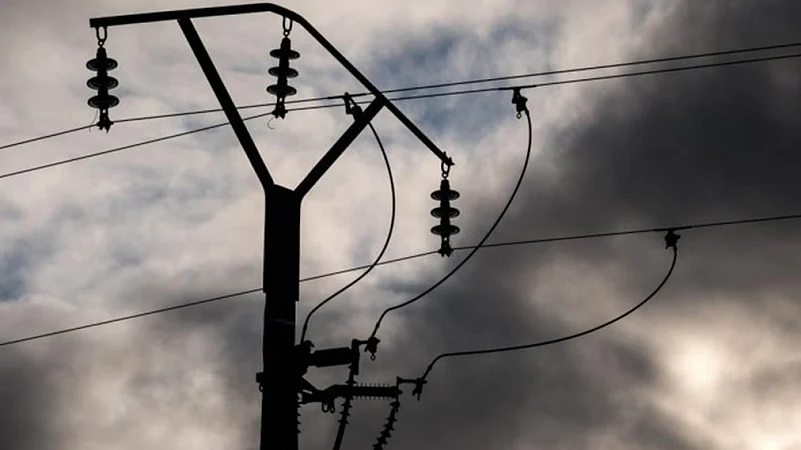The government has announced new electricity rules that will allow for cuts in power tariffs of up to 20% during the day and increases of up to 20% during peak night hours.
The move which is aimed at increasing the use of renewable energy, is expected to reduce demand on the grid during peak times when many households crank up their use of air-conditioning after work, according to a Reuters report.
It will come into effect from April 2024 for commercial and industrial consumers and a year later for most other consumers except those in the agricultural sector.
"Government of India has introduced two changes to the prevailing power tariff system, through an amendment to the Electricity (Rights of Consumers) Rules, 2020. The changes are: introduction of Time of Day (ToD) tariff, and rationalization of smart metering provisions," a power ministry statement said on Friday.
Since solar power is cheaper, the tariff during the solar hours will be less, so the consumer benefits, the statement further said.
"During non solar hours thermal and hydro power as well as gas based capacity is used - their costs are higher than that of solar power - this will be reflected in time-of-day tariff," it also said.
The move is expected to help work towards its target of achieving 65% of its energy capacity from non-fossil fuels by 2030 and net zero emissions by 2070, the Reuters report further said.
How will it help consumers?
The 'time of the day' (ToD) tariff provides for varying rates during different time of the day and it will allow consumers to avoid electricity usage for washing clothes, cooking and other purposes during peak hours when power rates are higher.
The move is expected to benefit consumers who are able to shift their energy usage to the daytime. For example, households that can run their washing machines and dishwashers during the day could save money on their electricity bills.
However, consumers who use more energy at night, such as those who run air conditioners, could see their bills go up.
To avoid inconvenience/harassment of the consumers, the existing penalties for increase in consumer's demand beyond the maximum sanctioned load/demand have been reduced, the ministry's statement said.
Besides, load revision procedure has also been rationalised in such a way that maximum demand shall be revised upwards only if sanctioned load exceeds at least three times in a financial year, the ministry also said.


























